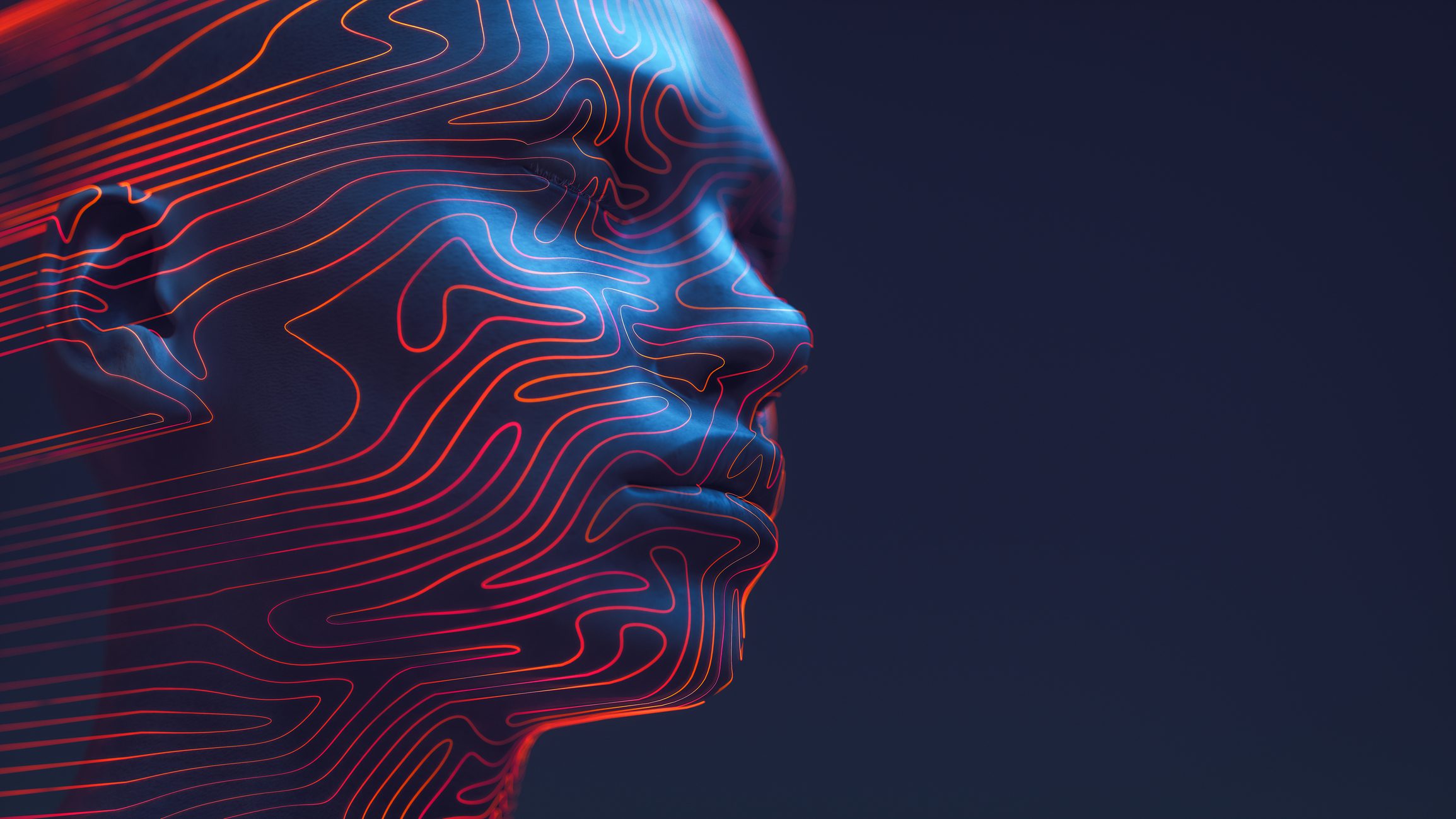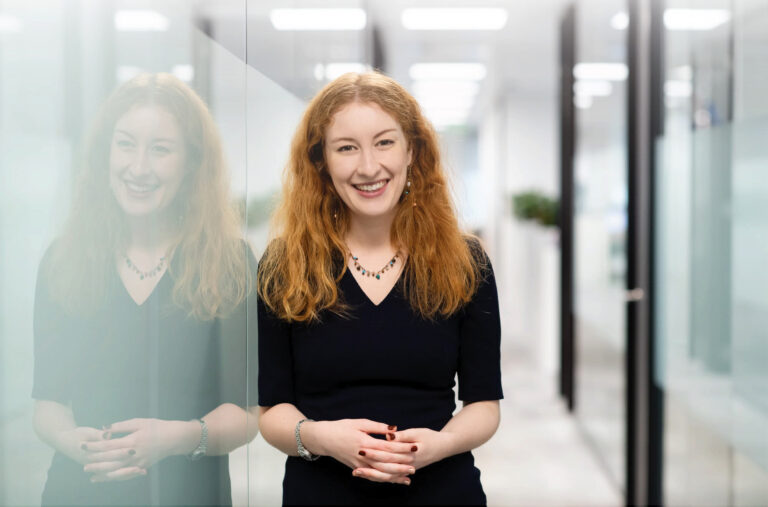Artificial intelligence (AI) is a powerful tool which can, and most likely already has, impacted tasks you perform on a day-to-day basis. For example, with recent advances in generative AI, there is now a large amount of AI-generated content freely available over the internet in the form of published articles and images. Moreover, the use of AI tools in industry, for example in searching and analysis, is becoming more commonplace. You may not even be aware that information you are accessing, or tools you are using, rely on AI.
This rise of AI is creating discussion around the world as to whether (and if so how) the patent system should react.
One requirement for patentability is that a patent must claim an invention which is novel (i.e. in some way new or different) as well as non-obvious over what came before it. Non-obviousness is assessed through the lens of a hypothetical person having ordinary skill in the art.
Earlier this year, the United States Patent and Trademark Office (US PTO) requested public input on how these requirements for patentability should be assessed in view of AI-generated content.
For example, in relation to what came before an invention for the assessment of patentability, the US PTO have asked whether AI-generated content should be included in that assessment, and thereby potentially preclude human-created inventions from being protected by patents. If so, should AI-generated content be assessed in the same way as human-generated content? Currently, no distinction is made between AI-generated content and human-generated content in the US. However, AI can be used to publish vast amounts of information without human contribution, such as through supervision or review. Therefore, AI generated content may be speculative or unworkable in practice. Of course, if a distinction is to be made, there would be further questions around how AI-generated content could and should be identified.
Moreover, the US PTO have raised questions as to whether the increasing availability of AI tools should impact the knowledge standard of the hypothetical person having ordinary skill in the art, and thereby what is deemed ‘obvious’ and hence non-patentable. A would-be patentee can argue that their invention is non-obvious on the grounds that the gap between the claimed invention and what came before it would not be filled by the knowledge of the person having ordinary skill in the art. This knowledge of the person of ordinary skill in the art is presently determined based on the ‘art’ or technology domain in question, thus it varies with technology. However, given AI’s ability to readily search across different technology fields, the USPTO raises questions as to whether this type of assessment is still appropriate. Perhaps the hypothetical person skilled in the art should have a broader level of and/or higher standard of skill and knowledge? Of course, any increase in the skill or knowledge of the person skilled in the art may raise the bar for non-obviousness and would therefore likely be controversial.
Nonetheless, this US PTO request for public input highlights their desire to stay relevant and incentivize patenting in an ever-changing technology sector. Interestingly, in their request, the US PTO asked for specific input on whether other patent offices around the world already address AI patentability issues effectively, suggesting that the US PTO may be open following suit.
At present, the big patent players (including the European Patent Office) make no distinction between AI-generated prior content and human-generated prior content. Moreover, changes along these lines would likely be challenging to implement in practice. Thus, if legal changes are to be made to reflect the ubiquity of AI-content generation, it seems more likely that these will relate to the knowledge standard of the person skilled in the art than what prior content is considered for the assessment of patentability.
Of course, we will provide updates as and when we have them and will keep you informed of any changes in law or policy that may ultimately arise.


